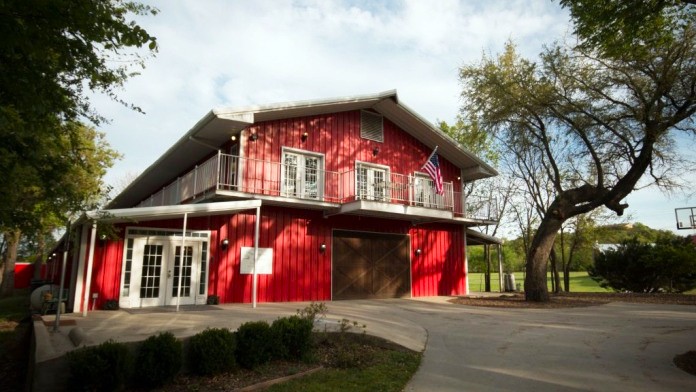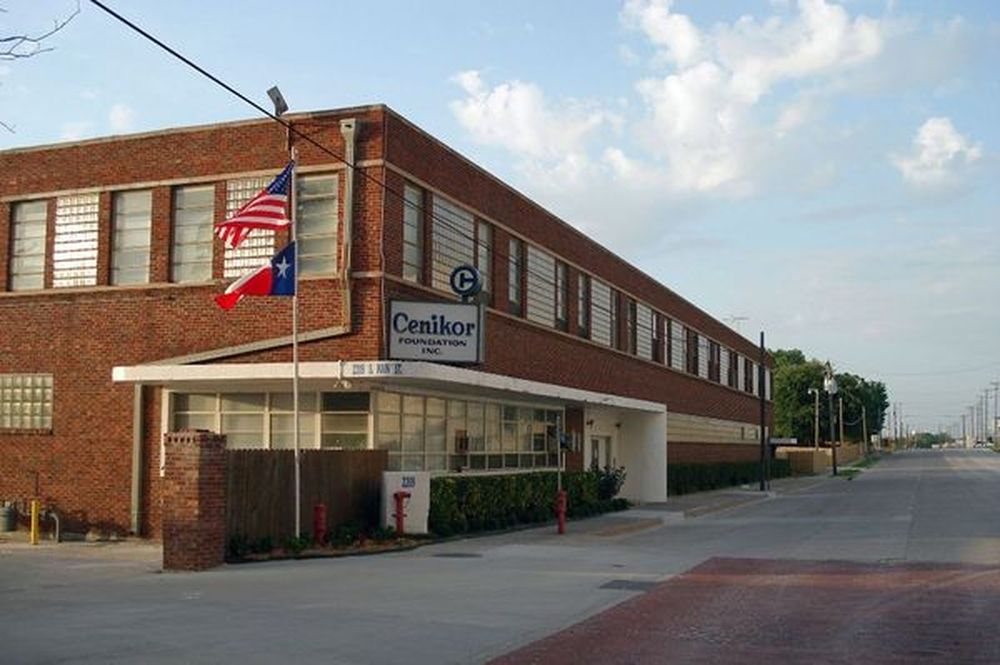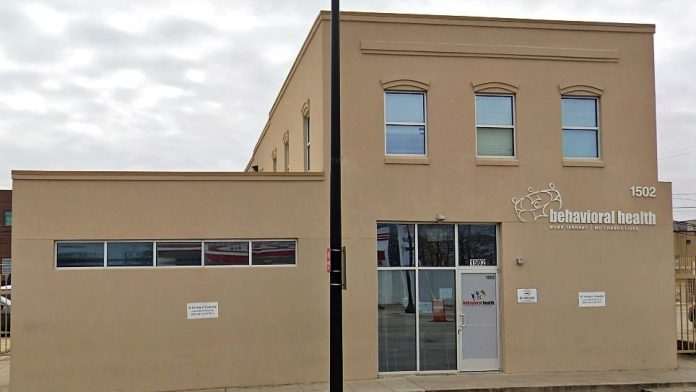At first I didn’t expect much from this place but it worked out better then I thought. The building could use some updates and the front desk staff isn’t always the most helpful, but the doctors know what they’re doing. My counselor really took the time to figure out m ...
About MHMR Tarrant – Penn Square Clinic
My Health My Resources of Tarrant County (MHMR) is one of the biggest and most established community centers in Texas. They are CARF-accredited and have centers that are targeted specifically for children and families and others for young adults and adults.
Their Central Center located on Pennsylvania Ave in Fort Worth is for adults and young adults. MHMR offers services for mental illness, addiction and substance use, homelessness, disabilities, and veterans.
MHMR is one of the largest providers of trauma-sensitive addiction treatment in Tarrant County and surrounding areas. They treat both youth and adults including people with limited financial means. Their staff includes nurses, social workers, therapists and case managers and other addiction specialists.
They accept private insurance, Medicaid and also have a sliding scale discount. They don’t charge for HIV or crisis services
Treatments for Youth in Fort Worth
Their youth programs are targeted at adolescents between 13 and 17. They provide individual and group counseling and parent education and family support. I like that they have Spanish-speaking counselors and staff. Plus, they will liaison with Tarrant County juvenile probation and FWISD truancy court.
Addiction Treatment for Adults in Texas
Adult services are based on the needs of each client based on their assessment.
This location of MHMR can provide inpatient detox at their 20-bed Billy Gregory unit. They also offer outpatient detox. I like that they provide an alternative to residential detox.
They offer auricular acupuncture, counseling, medical monitoring, and suboxone-assisted withdrawal.
Their outpatient treatment programs can include anger management, life skills training, gender-specific groups, education and relapse prevention, individual and group counseling and more.
They also provide prevention, education and testing services for individuals who are living with HIV.
Veterans get housing and support services through Liberty House.
Latest Reviews
Rehab Score
Gallery
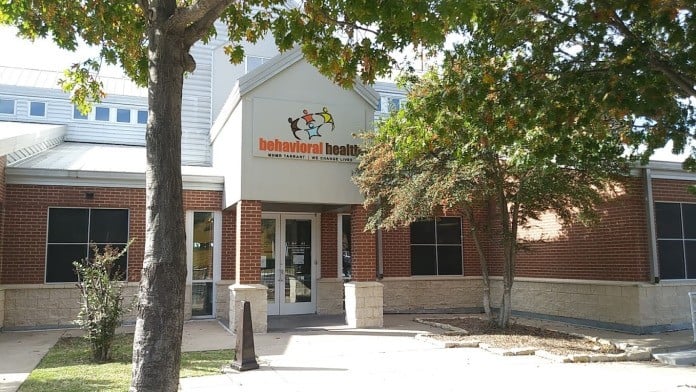
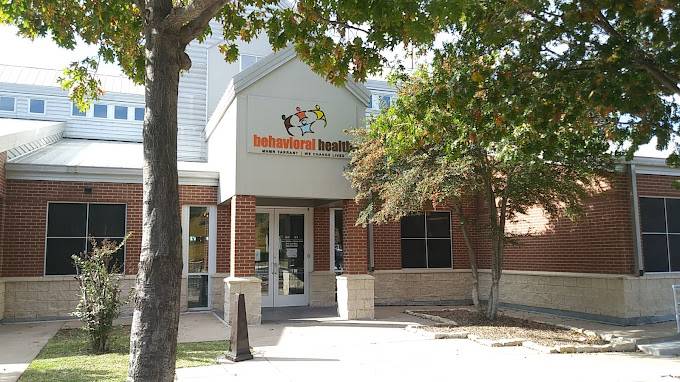
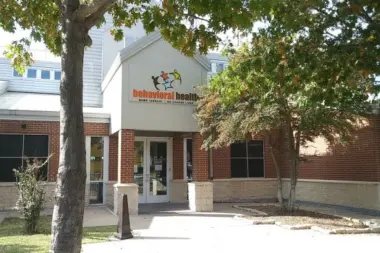
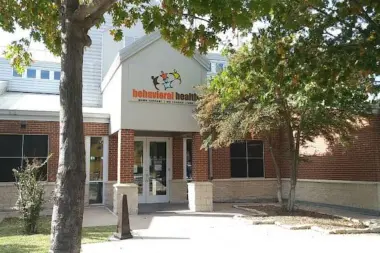
Other Forms of Payment
Private insurance refers to any kind of healthcare coverage that isn't from the state or federal government. This includes individual and family plans offered by an employer or purchased from the Insurance Marketplace. Every plan will have different requirements and out of pocket costs so be sure to get the full details before you start treatment.
Self-pay involves paying for treatment out of your own pocket. You can use savings or credit, get a personal loan, or receive help from family and friends to fund your treatment. If you don't have insurance or your insurance plan doesn't cover a specific program, self-pay can help ensure you still get the care you need.
Financial aid can take many forms. Centers may have grants or scholarships available to clients who meet eligibility requirements. Programs that receive SAMHSA grants may have financial aid available for those who need treatment as well. Grants and scholarships can help you pai for treatment without having to repay.
Sliding scale payments are based on a client's income and family size. The goal is to make treatment affordable to everyone. By taking these factors into account, addiction recovery care providers help ensure that your treatment does not become a financial burden to you or your family, eliminating one barrier to care.
Military members, veterans, and eligible dependents have access to specific insurance programs that help them get the care they need. TRICARE and VA insurance can help you access low cost or no cost addiction and mental health treatment. Programs that accept military insurance often have targeted treatment focused on the unique challenges military members, veterans, and their families face.
Medicaid is a state based program that helps lower-income individuals and families pay for healthcare. Medicaid covers addiction treatment so those enrolled can use their coverage to pay for rehab. When a program accepts Medicaid the client often pays very little or nothing out of their own pocket.
Addiction Treatments
Levels of Care
MHMR has several outpatient clinics that provide psychiatric mental health services to adults who reside in Tarrant County. The clinics are located in Arlington, Fort Worth and the Hurst-Euless-Bedford areas. Services at the clinics include: case management, eligibility determination, medication management, patient and family education, peer support, rehabilitation therapies, supported employment, supportive housing, and symptom management.
Rehab aftercare programs are based on a model of continuing care and the premise that recovery is a life-long process requiring ongoing client support. Many rehab aftercare services include outpatient care, but clients often continue to receive support after being discharged from formal treatment. Case managers and care teams typically collaborate with clients to design their long-term care plan, which may include peer coaching, career counseling, and 12 step program induction, among other services.
A drug intervention in Texas may be necessary if your loved one is in denial about a substance use disorder. You can partner with intervention services to plan and execute an effective intervention that educates your loved one about addiction and encourages them to get the treatment they need. Many rehab centers offer intervention specialists who can facilitate the intervention and help with a seamless transition to inpatient rehab for treatment.
Treatments
Many of those suffering from addiction also suffer from mental or emotional illnesses like schizophrenia, bipolar disorder, depression, or anxiety disorders. Rehab and other substance abuse facilities treating those with a dual diagnosis or co-occurring disorder administer psychiatric treatment to address the person's mental health issue in addition to drug and alcohol rehabilitation.
Mental health rehabs focus on helping individuals recover from mental illnesses like bipolar disorder, clinical depression, anxiety disorders, schizophrenia, and more. Mental health professionals at these facilities are trained to understand and treat mental health issues, both in individual and group settings.
Programs
Adult rehab programs include therapies tailored to each client's specific needs, goals, and recovery progress. They are tailored to the specific challenges adult clients may face, including family and work pressures and commitments. From inpatient and residential treatment to various levels of outpatient services, there are many options available. Some facilities also help adults work through co-occurring conditions, like anxiety, that can accompany addiction.
Young adulthood can be an exciting, yet difficult, time of transition. Individuals in their late teens to mid-20s face unique stressors related to school, jobs, families, and social circles, which can lead to a rise in substance use. Rehab centers with dedicated young adult programs will include activities and amenities that cater to this age group, with an emphasis on specialized counseling, peer socialization, and ongoing aftercare.
MHMR offers many services for veterans who need help with sobriety, mental health, support groups, housing and benefits. They provide peer support for veterans with substance abuse, mental health and/or PTSD through 34 Bring Everyone In the Zone (BEITZ) group meetings a week in 15 locations.
Clinical Services
Group therapy is any therapeutic work that happens in a group (not one-on-one). There are a number of different group therapy modalities, including support groups, experiential therapy, psycho-education, and more. Group therapy involves treatment as well as processing interaction between group members.
In individual therapy, a patient meets one-on-one with a trained psychologist or counselor. Therapy is a pivotal part of effective substance abuse treatment, as it often covers root causes of addiction, including challenges faced by the patient in their social, family, and work/school life.
Trauma therapy addresses traumatic incidents from a client's past that are likely affecting their present-day experience. Trauma is often one of the primary triggers and potential causes of addiction, and can stem from child sexual abuse, domestic violence, having a parent with a mental illness, losing one or both parents at a young age, teenage or adult sexual assault, or any number of other factors. The purpose of trauma therapy is to allow a patient to process trauma and move through and past it, with the help of trained and compassionate mental health professionals.
Research clearly demonstrates that recovery is far more successful and sustainable when loved ones like family members participate in rehab and substance abuse treatment. Genetic factors may be at play when it comes to drug and alcohol addiction, as well as mental health issues. Family dynamics often play a critical role in addiction triggers, and if properly educated, family members can be a strong source of support when it comes to rehabilitation.
Life skills trainings involve all the skills a person must have in order to function successfully in the world. These include time management, career guidance, money management, and effective communication. Truly successful addiction recovery is based on the ability to not only live substance-free, but to thrive. Life skills teaches the practical necessities of functioning in society, which sets clients up for success in life, and therefore sobriety.
Amenities
-
Residential Setting
Staff & Accreditations
Staff

Susan C Garnett
Chief Executive Officer
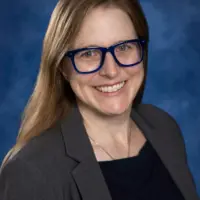
Catherine K Carlton
Chief of Staff
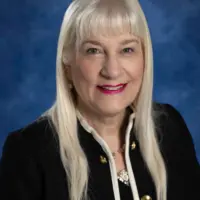
Carol A Nati, DR
Chief Medical Officer
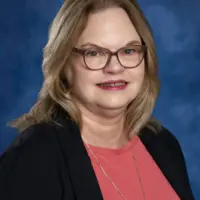
Grace E White
Deputy Chief of Program Systems

Laura L Kender
Chief Program Officer
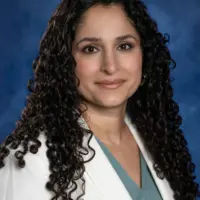
Diana K Awde
Chief Information Officer
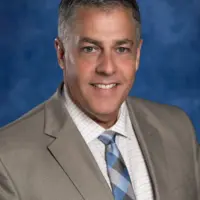
Aaron J Bovos
Chief Financial Officer
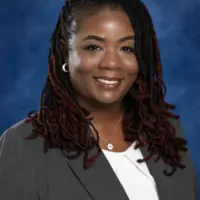
Twanda Wadlington, DR
Executive Director MHMR Foundation

Jessica Trudeau
Deputy Chief of Program Operations
Accreditations

The Commission on Accreditation of Rehabilitation Facilities (CARF) is a non-profit organization that specifically accredits rehab organizations. Founded in 1966, CARF's, mission is to help service providers like rehab facilities maintain high standards of care.
CARF Accreditation: Yes
Contact Information
300 Pennsylvania Avenue
Fort Worth, TX 76104

